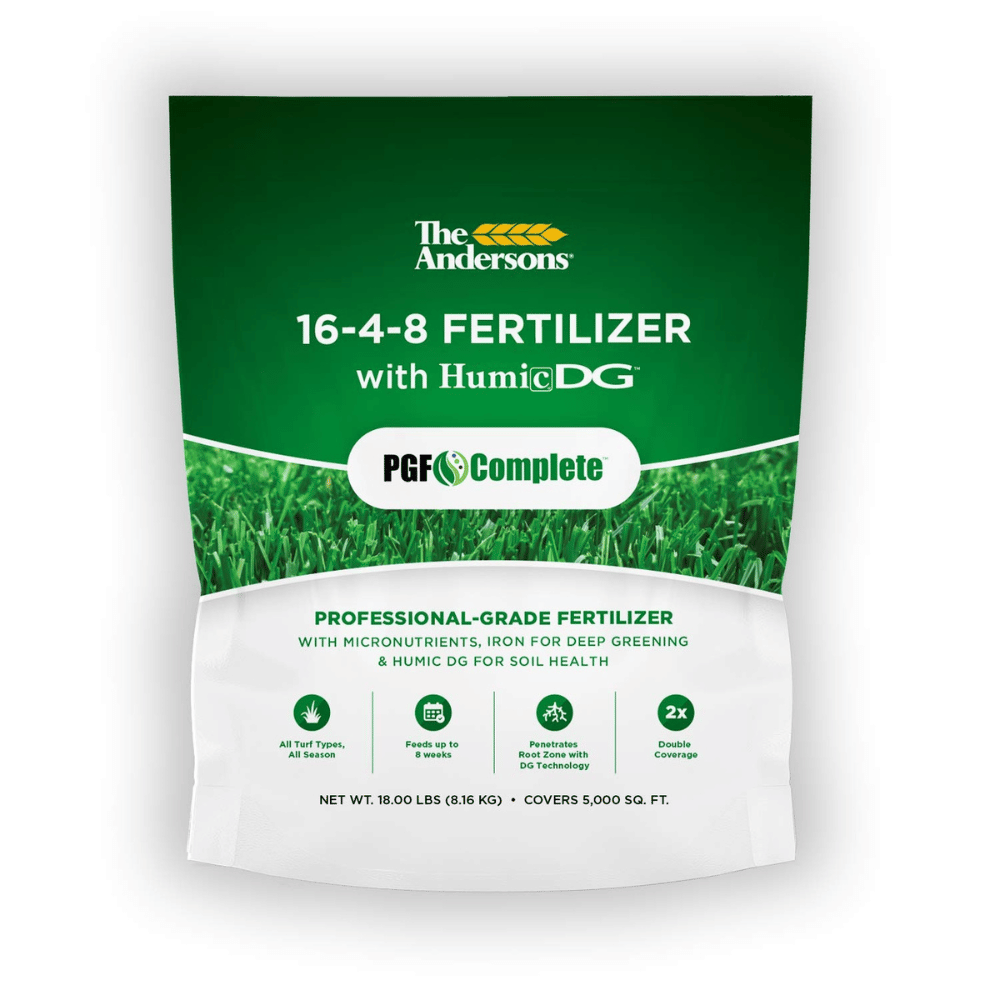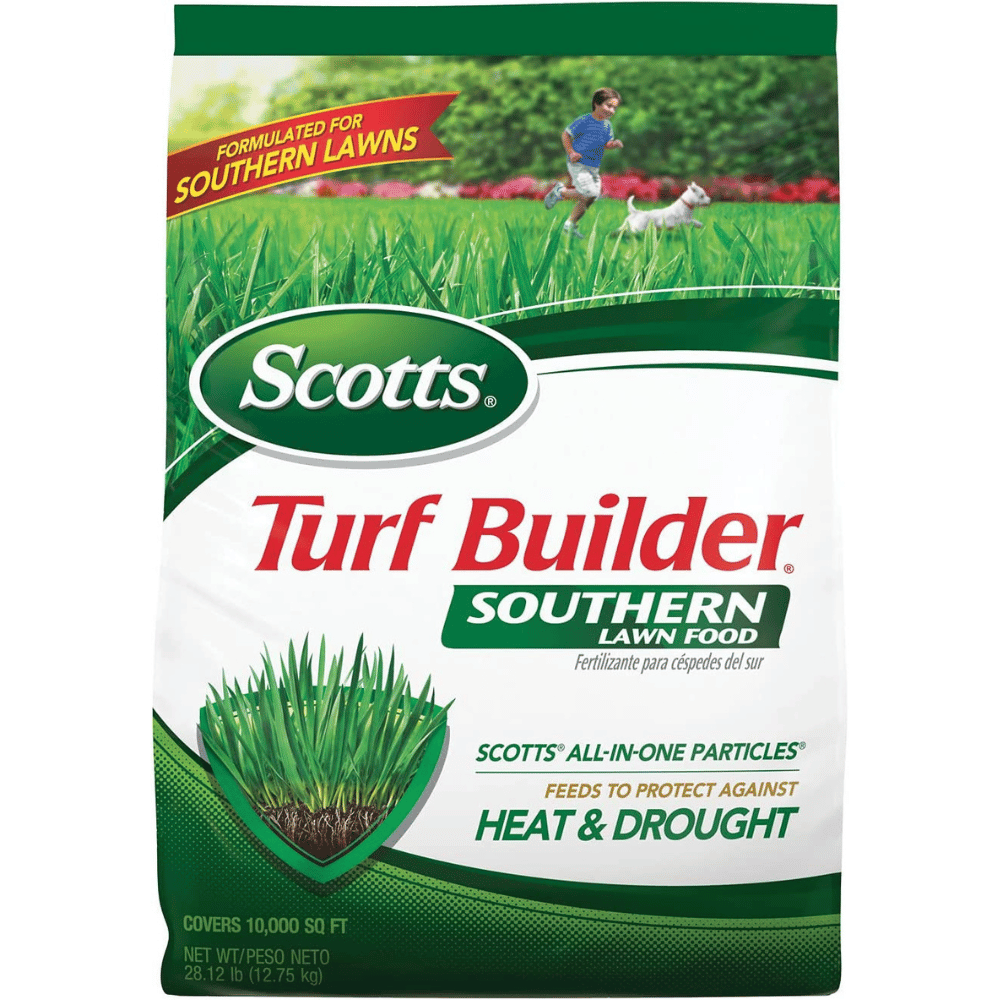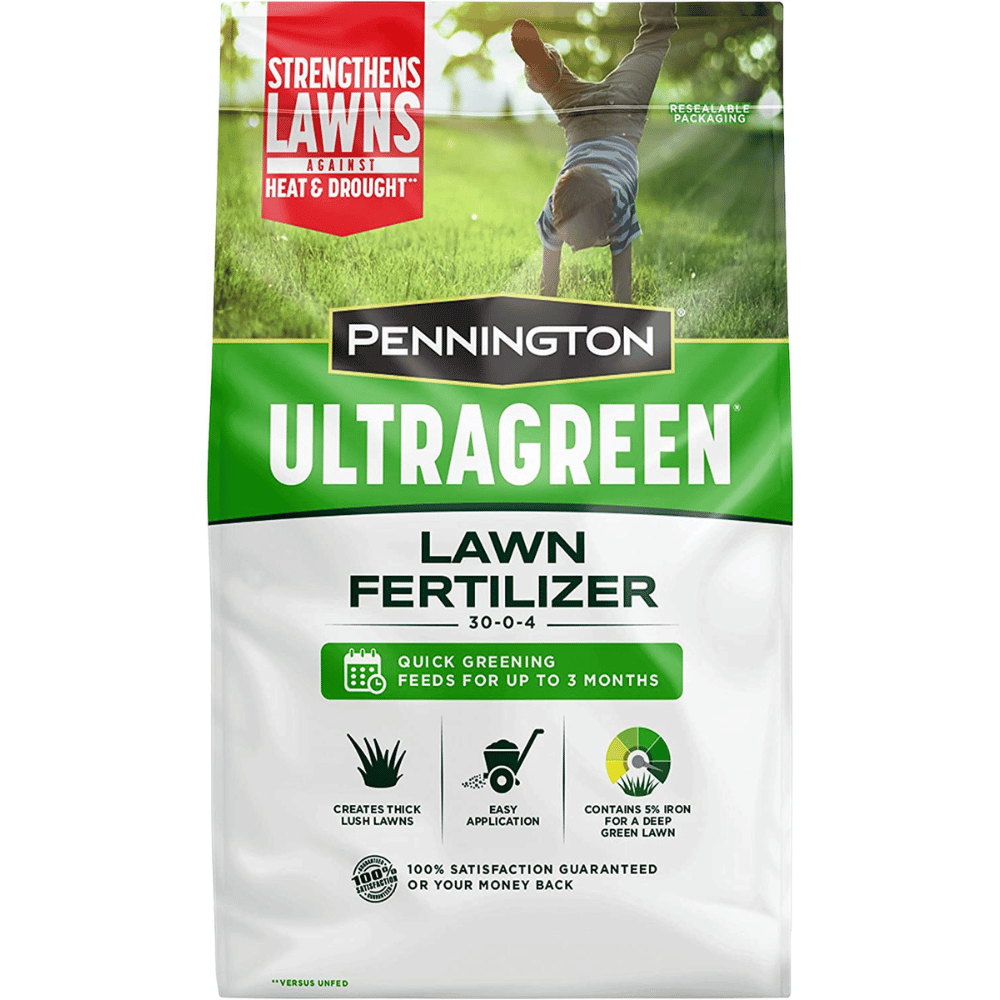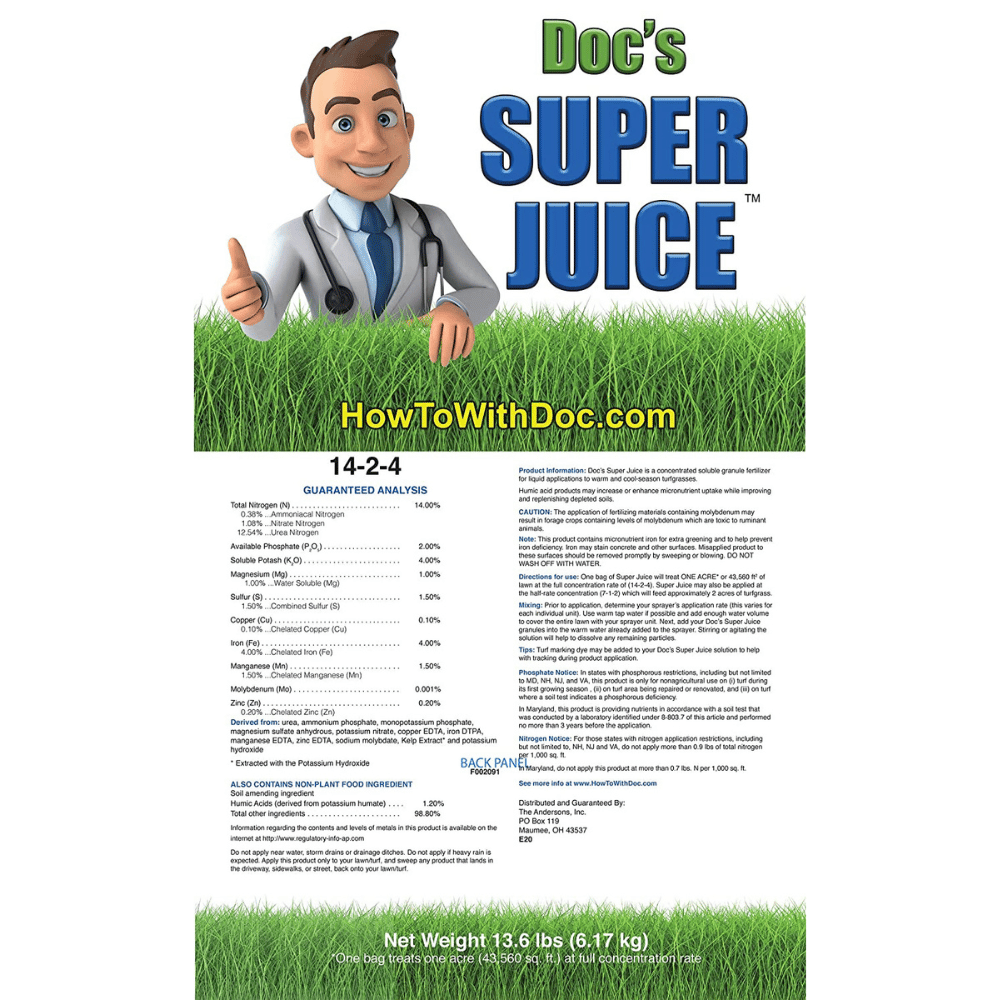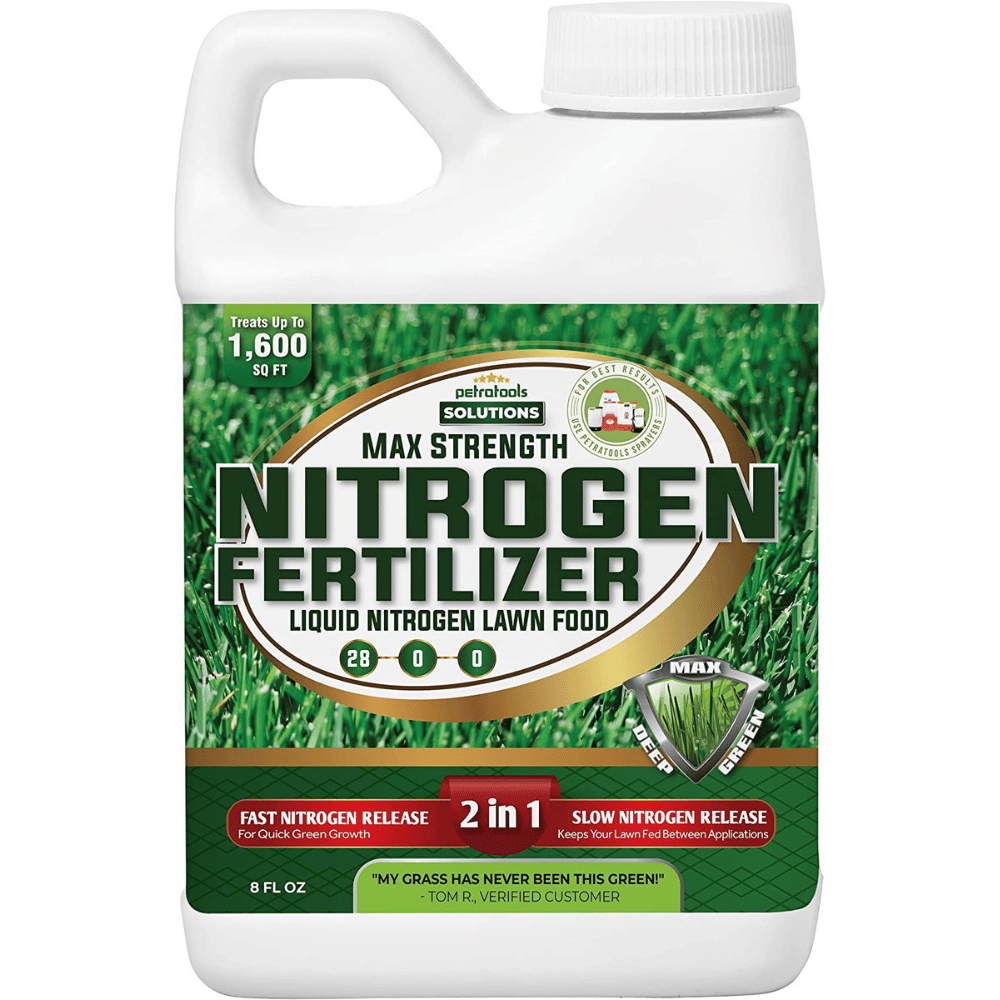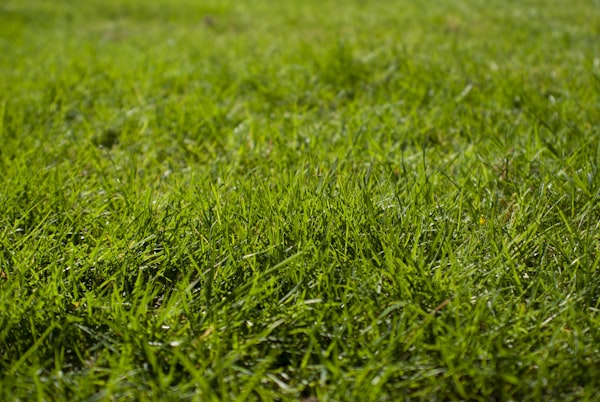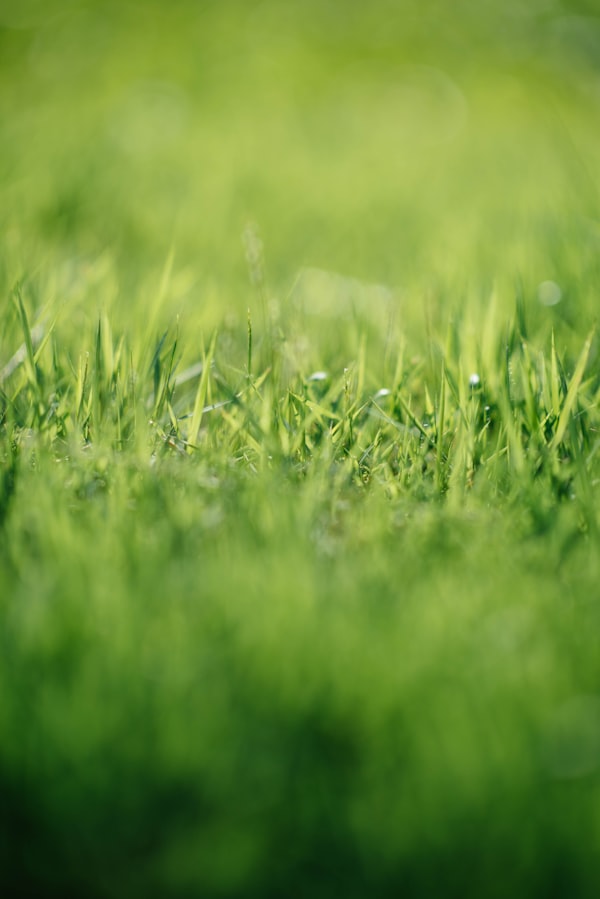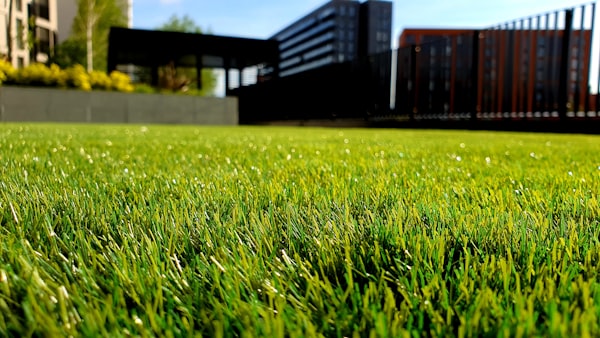If you are looking for the best fertilizer to use on your Bermuda grass lawn, then you have come to the right place. Having a beautiful and healthy Bermuda grass lawn requires proper fertilization and maintenance, and choosing the right fertilizer is essential. The right fertilizer can help ensure that your lawn stays lush and green, while the wrong one could cause more harm than good to your grass. In this article, we will discuss what makes a great bermuda grass fertilizer, how to choose the right one for your lawn, and provide some tips for applying it properly. We will also provide some recommendations for some of the top-rated fertilizers on the market today. So if you want a healthy and vibrant Bermuda grass lawn, read on to learn more about finding the best bermuda grass fertilizer for your needs.
What is Bermuda grass?
Bermuda grass, also known as Cynodon dactylon, is a type of warm-season grass native to Africa, Australia and South Asia. It has become popular in many areas of the world due to its ability to withstand drought and heavy foot traffic. The grass seed is characterized by its fine texture, rapid growth rate and deep green color. Its dense root system makes it ideal for erosion control, while its wide blades make it an attractive choice for lawns and golf courses. Bermuda grass thrives with regular mowing, fertilizing and watering. In addition, it must be overseeded every two years with fresh seed in order to maintain a healthy stand of turf grass. With proper care, Bermuda grass can provide a lush green lawn or golf course that can be enjoyed for years to come.
Fertilizing bermuda grass
Fertilizing bermuda turf is an important step in maintaining a healthy and lush lawn. The best way to fertilize bermuda grass is to use a complete fertilizer. It is important to fertilize at the right time, which is when there is little chance of frost, and in the proper amount, which should be 2-4 lbs of nitrogen per 1000 sq ft of sod. Additionally, a winterizer may be applied in mid-September for an added boost. By following these steps and using the right fertilizer, you can ensure your bermuda grass stays healthy and happy.
Fertilizer Requirements
Fertilizer requirements for Bermuda grass vary depending on the type and condition of the soil, climate and other conditions. In order to achieve optimal growth and health, Bermuda grass should be fertilized with a balanced NPK fertilizer at least once every six weeks from springtime until mid-September. For sandy soils, higher amounts of nitrogen are typically used. A slow-release fertilizer is ideal for Bermuda grass as it provides a steady supply of nutrients over time. Winterizer fertilizers can help maintain the health of Bermuda grass during cold weather months. It is important to pay attention to fertilizer requirements in order to ensure that your lawn is healthy and vibrant all year round.
Timing of Fertilization
Timing of fertilization is critical for optimal growth and health of Bermuda grass. The best time to fertilize is in the spring when the grass is 50% green, with subsequent fertilizations every four to six weeks until early fall (mid-September). It is important to apply fertilizer in the morning before the hot afternoon sun, as well as to spread it evenly over the lawn. For maximum effect, choose a fertilizer that has both quick- and slow-release components, which will provide sustained release of nutrients. Additionally, a winterizer fertilizer should be applied in autumn to help protect and strengthen the grass during the cold season. Proper timing of fertilizer applications will ensure a lush, healthy Bermuda lawn all year round.
Types of Fertilizers
When it comes to fertilizing Bermuda grass, it is important to choose the right type of fertilizer. There are a variety of different types of fertilizers available that can provide different benefits to your lawn. For example, dry granular fertilizers are efficient, while hose end liquid fertilizers are convenient. Additionally, there are slow-release fertilizers and winterizer fertilizers which can provide nutrients over an extended period of time. Depending on your needs and preferences, you can choose the best fertilizer for your Bermuda grass lawn care. Make sure to follow the instructions on the fertilizer packaging for optimal results.
How We Chose the Best?
When selecting the best bermuda grass fertilizer, we took several factors into consideration. We first looked at the ingredients of each product and chose those with the highest quality nutrients to ensure healthy and lush growth. We also considered the application rate and spreadability of each product for ease of use in our lawns. Additionally, we looked at reviews from other customers to see how satisfied they were with the performance of each fertilizer. Finally, we ensured that each product was appropriate for our climate and soil type so that it would be as effective as possible. After carefully researching all these aspects, we were able to confidently choose a fertilizer that would give us the best results for our bermuda grass.
The Andersons Professional PGF Complete 16-4-8 Fertilizer with 7% Humic DG 5,000 sq ft
Why We Love It
The Andersons Professional PGF Complete is an ideal choice for lawn care and gardening. This fertilizer provides an optimal balance of nitrogen, phosphorus, and potassium for lush grass growth and vibrant flower displays. The added humic acid helps to retain soil nutrients and promote root growth. It is specially formulated to provide a well balanced nutrient supply that encourages healthy turf growth throughout the season. Additionally, this product is designed to be applied efficiently in larger areas such as golf courses or large residential lawns up to 5,000 square feet. This fertilizer will help to keep your grass looking its best all year round!
Scotts Turf Builder Southern Lawn Food
Why We Love It
Scotts Turf Builder Southern Lawn Food is an ideal fertilizer for lawns in the southern region. Offering a balanced blend of nutrients, it helps to create a lush, green lawn with improved root development. It is especially beneficial for tall fescue, centipede and bermuda grasses, providing 28-0-10 nitrogen-phosphorus-potassium nutrition. The 28.12 pounds of fertilizer covers up to 10,000 square feet of bermuda grass and can be applied quickly with a Scotts spreader for easy application. This fertilizer also has a slow release formula which continues feeding your lawn for up to 3 months after application. With Scotts Turf Builder Southern Lawn Food you get great results without the hassle or mess of other products.
Pennington UltraGreen Lawn Fertilizer
Why We Love It
Pennington UltraGreen Lawn Fertilizer is an ideal choice for those looking to keep their bermuda grass healthy and green. It is a 14 Pound fertilizer bag that can cover up to 5000 square feet of lawn. This fertilizer provides essential nutrients for your grass, including phosphorus and potassium, which help promote strong root development and lush foliage. The nitrogen in this fertilizer helps promote strong growth and vibrant color, while the iron helps prevent yellowing. Additionally, the slow-release formula gives your lawn sustained nutrition over extended periods of time with fewer applications. With Pennington UltraGreen Lawn Fertilizer you can be sure your bermuda grass will remain healthy, green and beautiful all season long!
Super Juice All in One Soluble Supplement Lawn Fertilizer
Why We Love It
Super Juice All in One Soluble Supplement Lawn Fertilizer is an excellent choice for those looking to give their bermuda grass lawn the best possible care and nutrition. This fertilizer is designed to provide a comprehensive range of nutrients that are essential for healthy lawns, including nitrogen, phosphorus, potash and trace elements. It has been formulated to provide quick-release nutrients, which means your Bermuda grass will be able to absorb them quickly and begin thriving right away. This fertilizer also helps to reduce water stress in the lawn by supplying necessary moisture, allowing your grass to stay greener for longer periods of time even during dry spells. Super Juice All in One Soluble Supplement Lawn Fertilizer is an easy and effective way to ensure that your bermuda grass stays healthy and strong all year round!
PetraTools Liquid Nitrogen Fertilizer
Why We Love It
PetraTools Liquid Nitrogen Fertilizer is an excellent choice of fertilizer for bermuda grass. This high nitrogen spray helps promote vigorous growth and lush green grass in any type of climate. With its balanced NPK formula, it helps maintain a strong root system and a healthy lawn. Its liquid form makes it easy to apply with conventional sprayers and aids in quick absorption into the soil. This liquid lawn fertilizer can be used as part of an overall fertilization program or as a spot treatment to help keep your bermuda grass looking beautiful all year round. It's also great for use on other types of grasses including fescues, bluegrass, and rye grass. Apply PetraTools Liquid Nitrogen Fertilizer every 4-6 weeks to ensure that your bermuda grass will stay lush and green all season long!
Bermuda Grass Fertilizer FAQs
Bermuda grass fertilizer FAQs is a great resource for homeowners who are looking for information on the best way to use fertilizer on their Bermuda grass lawn. This FAQ covers topics such as the type of fertilizer to use, how often to fertilize, and what kind of nutrients your lawn needs. It also includes tips on how to determine when it's time to fertilize, as well as common problems that can arise from over-fertilizing and under-fertilizing. With this helpful guide, you'll be able to maintain a healthy, lush lawn with minimal effort. Plus, you'll know exactly what kind of fertilizer to use and how much of it so your lawn will look its best all year long!
When should I fertilize?
Fertilizing your grass can help keep it healthy and lush. The key to success is applying the fertilizer at the right time. During spring and summer, when grass is actively growing, you should fertilize every 6-8 weeks with a slow-release nitrogen fertilizer. In the fall, apply fertilizer when you’re done mowing for the season. This helps provide nutrients to the roots of your lawn during winter dormancy. Be sure to follow instructions on your chosen product as different types of lawns need different amounts of fertilizer at different times. Taking care of your lawn requires consistent effort but with proper fertilization and maintenance, you can have a beautiful lawn that looks great all year round!
How much fertilizer to apply to bermuda grass?
When applying fertilizer to your bermuda grass, it is important to take into account the type of soil, climate, and type of grass when deciding how much fertilizer to use. Generally speaking, bermuda grass should be fertilized twice a year with a slow-release nitrogen fertilizer. The amount of fertilizer that should be applied depends on the size of the lawn and the desired results. For example, if you want your lawn to be lush and green, then you may need to apply more than if you just want it to stay healthy. In general, for every 1,000 square feet of bermuda grass, one should apply between 0.5 and 1 pound of nitrogen per application. It is also important to consider the time of year when applying fertilizer as too much can burn or damage the grass during hot summer months.
What happens if I over fertilize my grass?
If you over fertilize your grass, it can result in excessive growth and a decrease in the quality of your lawn. Sometimes this is called burning your grass. The extra nutrients can cause the grass to become overly dense and thick, leading to matting or even death of the turf due to lack of air circulation. In addition, over fertilizing can lead to an increased risk of disease and pests such as weeds, insects, and fungal problems if the environment is not carefully managed. It is important to use the right amount of fertilizer for your lawn at the right times of year. Too much fertilizer could also lead to runoff into rivers and streams which can pollute these bodies of water. To avoid these issues with over fertilizing, it is best to follow a recommended schedule for application and always read the instructions on any products you choose to use.
Should I use a Slow Release Fertilizers?
Slow release fertilizers are a great choice for lawn grass such as Bermuda grass, as they will continue to give the grass nutrients throughout the season. They are composed of nitrogen, phosphorus, potassium, and other nutrients. Slow release fertilizers provide a steady supply of nutrients to the grass over time. This fertilizer is ideal for providing the optimal amount of nitrogen needed for a healthy Bermuda grass lawn. With the right amount of nitrogen in the soil, the turfgrass will become stronger and more resilient to changing weather conditions.
What is Slow Release Fertilizer?
Slow release fertilizers are a popular choice for fertilizing Bermuda grass. They slowly supply nutrients over a long period of time, providing steady and even nourishment for the grass. Slow release fertilizers are designed to break down over several weeks or months, allowing the nutrients to be released gradually as the plant needs them. This fertilizer reduces the need for frequent applications and minimizes the risk of nutrient leaching into groundwater. Additionally, slow release fertilizers are often more cost-effective than traditional fertilizers, since they require fewer applications. For these reasons, slow release fertilizers are a great option for those looking to provide their Bermuda grass with optimal nourishment.
What are the Types of Slow Release Fertilizers?
When it comes to fertilizing Bermuda grass, slow-release fertilizers are the best choice. Slow-release fertilizers come in a variety of forms, including granular and liquid. Granular slow-release fertilizers are typically applied in two stages, with the first application being immediately after the last mowing of the season and the second application occurring during the growing season. Liquid slow-release fertilizers are typically applied at intervals throughout the growing season. Slow-release fertilizers contain nitrogen, phosphorus, and potassium in various ratios depending on the type of grass being fertilized. The nitrogen in slow-release fertilizers is released over time, allowing for long-term feeding of the grass without risk of burning or overfeeding.
Is Nitrogen Amounts Important?
A nitrogen-rich fertilizer is a key component for Bermuda grass, as it helps promote strong, healthy growth. The amount of nitrogen to be applied depends on the type of soil and grass being grown. Generally, Bermuda grass will require 1.5 to 2 pounds of actual nitrogen per 1000 square feet for optimal growth. This can be found in fertilizers with an N-P-K ratio that is high in nitrogen and low in phosphorus. Slow release fertilizers are an ideal option for feeding the grass a steady supply of nitrogen without the risk of burnout or over-fertilization. Winterizer fertilizer is also important for Bermuda grass as it provides a boost of nitrogen at the beginning of the growing season to promote healthy growth.
What is the Importance of Nitrogen for Bermuda Grass Fertilization?
Nitrogen is a key nutrient for Bermuda grass fertilization and plays a crucial role in producing a healthy lawn. Nitrogen helps promote strong, green growth and helps the grass to resist diseases and pests. A good fertilizer for Bermuda grass should have a high nitrogen content, as well as little or no phosphorus, to ensure that the grass is getting enough nitrogen without overfeeding it. Fertilizers with an NPK ratio of 3-1-2 or 15-5-10 are generally recommended once there is little chance of frost. Bermuda grass should receive between 2 to 4 pounds of actual nitrogen per growing season per 1000 square feet of turf to ensure healthy, lush growth. Too much fertilizer can cause fertilizer burn. Slow release fertilizers are ideal for Bermuda grass, as they will provide the nutrients necessary over an extended period of time without burning the grass. Winterizer fertilizers are also recommended for Bermuda grass, as they will help the lawn prepare for winter weather conditions and help it recover quickly in spring.
Amount of Nitrogen for Bermuda Grass Fertilization?
When it comes to fertilizing Bermuda grass, nitrogen is a key nutrient. The amount of nitrogen required can vary depending on the time of year and the fertilizer being used. During summer months, applying 1.5 pounds of actual nitrogen per 1000 square feet is recommended. For a slow-release organic fertilizer, the N-P-K ratio should be high in nitrogen and low in phosphorus. During winter months, applying 2-4 pounds of nitrogen per 1000 square feet is recommended. For a winterizer fertilizer, the N-P-K ratio should be low in both nitrogen and phosphorus. It's important to choose the right amount of nitrogen for your Bermuda grass so it can receive the nutrients it needs to stay healthy and thrive.
What is Winterizer Fertilizer?
Winterizer fertilizer is a fertilizer specifically designed to help lawns survive the cold winter months. It is typically to apply a winter fertilizer in late fall and contains high amounts of potassium as well as nitrogen. This helps the lawn to store more food, enabling it to root and grow faster in the spring. Winterizer fertilizers often come in slow-release form, allowing for a steady release of nutrients over time, so that the lawn can benefit from them throughout the winter season. Furthermore, due to their slow-release nature, these fertilizers are less likely to cause harm to the environment than their quick-release counterparts.
Should I use Winterizer Fertilizer?
Winterizer fertilizer is a great choice for Bermuda grass, as it helps to promote winter hardiness. A fertilizers that contains higher amounts of Potassium than other fertilizers, which helps the grass to tolerate colder temperatures. Additionally, it should be applied four to six weeks before the first frost of the year for the best results. Winterizer fertilizer is a great way to prepare your Bermuda grass for winter and ensure that it stays healthy and strong all season long.
What are the Benefits of Winterizer Fertilizer for Bermuda Grass?
Winterizing helps to ensure that Bermuda grass is able to survive and thrive in the colder months. This fertilizer works by helping the grass build up a layer of insulation against the cold temperatures, which allows it to remain healthy throughout the winter. A winterizer also contains higher amounts of phosphorus and potassium, which are essential for promoting root growth and helping the grass stay green even during the coldest months. By using winterizer fertilizer for bermuda grass in the winter, you can help ensure that your lawn will look better and last longer year-round.
What is weed and feed?
Weed and feed is a type of lawn care product that is designed to take care of both weeds and grass in one easy application. It usually comes in the form of a granular fertilizer or spray, and it contains a combination of herbicides, insecticides, and fertilizers. Weed and feed products are most commonly used on warm-season turfgrasses such as bermuda grass; they are typically applied in late spring or early summer to aid with weed control and promote healthy growth. The herbicide kills broadleaf weeds while the nutrients help the grass stay green and lush throughout the growing season. To get the best results, be sure to read the instructions before using any weed and feed product; following these instructions will ensure your lawn stays healthy throughout the year.
Conclusion
In conclusion, fertilization of Bermuda grass is essential for its good health and the best lawn. Different fertilizers should be applied at different times throughout the year, depending on the season and the growth stage. Slow release fertilizers are a great option for providing a steady supply of nitrogen to the grass over a long period of time. Additionally, look for a fertilizers with nitrogen, as is very important for the overall health of Bermuda grass, and should be applied in recommended amounts. Winterizer fertilizer should also be applied after winter has ended to help the grass recover from any damage caused by cold temperatures. With proper fertilization, Bermuda grass can thrive throughout the year.


